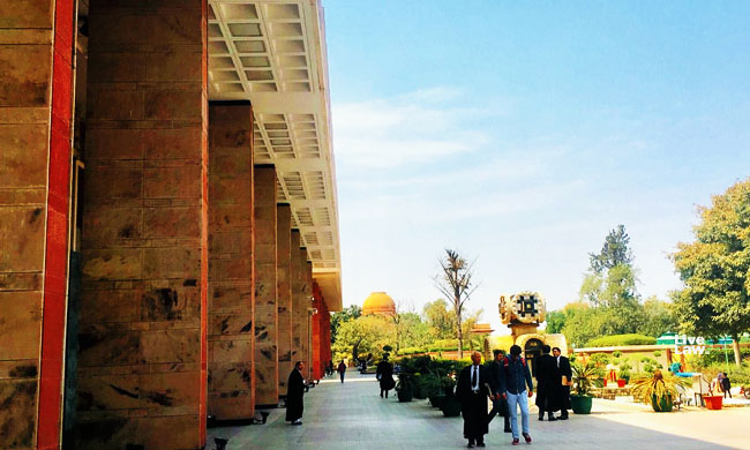Court Fees When Remains Unutilized Shall Be Refunded Without Insisting For Court Orders: Delhi High Court
Nupur Thapliyal
16 Dec 2020 10:51 AM IST

Next Story
16 Dec 2020 10:51 AM IST
Delhi High Court has held that the State is bound to refund the Court Fees when remains un-utilized shall be refunded without insisting for court ordersThe Court was of the view that while making the payment of court fees, stamp is the accepted mode of payment and the process gets completed only when the document is filed. Mere purchase of payment does not mean conclusion of the...
